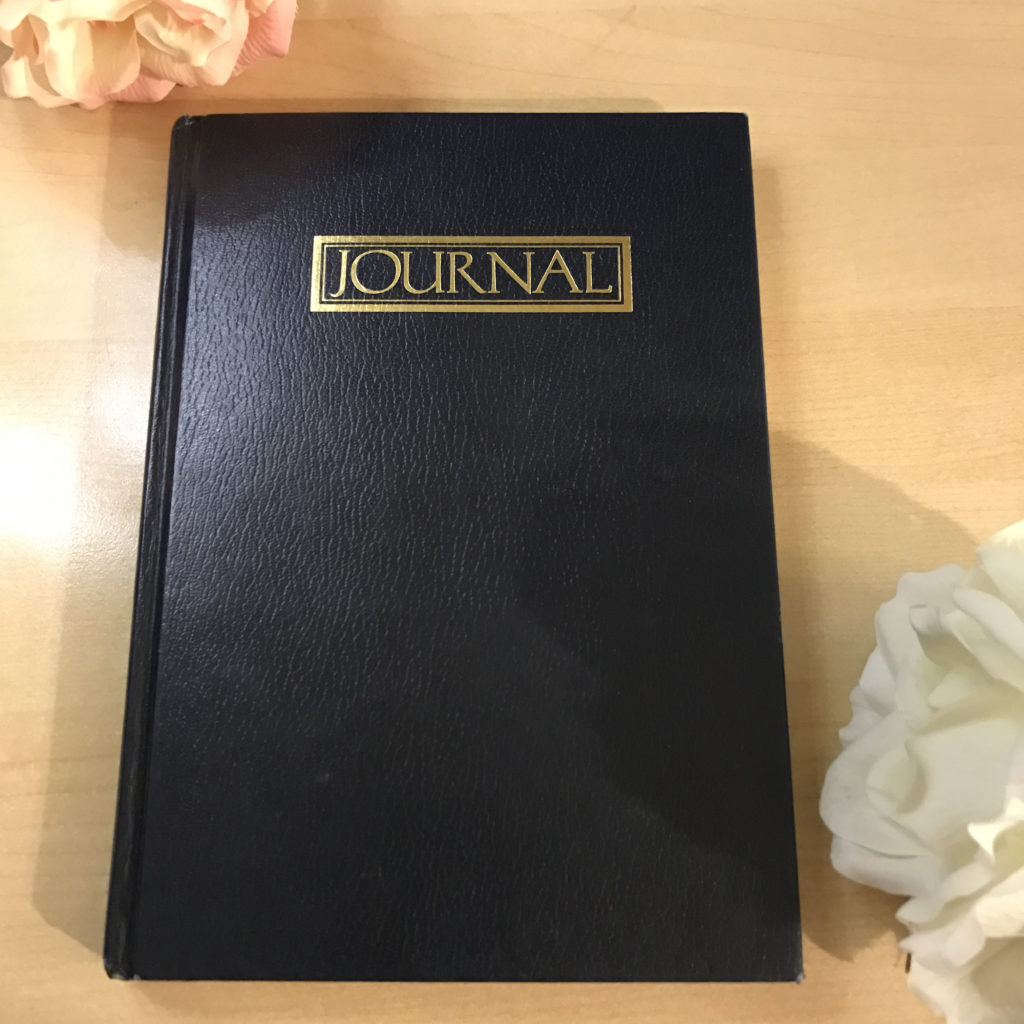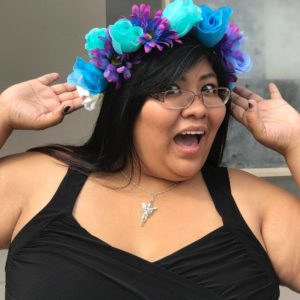(Trigger warning: sexual assault)
My Story
I was raped. When I was 15 years old, an adult male who was 10+ years older than me raped me. Sadly, it was not the first time I was sexually assaulted. When I was in elementary school an adult neighbor sexually assaulted me. In both instances, I knew the adults.
In both instances, I was told that the offenders were really good people and that they couldn’t have possibly sexually assaulted me. As a kid, I remember sitting in a counseling session showing the counselor over and over again what this adult neighbor did to me, continually pointing to body parts on a doll. I was frustrated and embarrassed – why would they not believe me? The continued questioning essentially accused me of lying.
Many years later as a 15 year old, it hurt even more when people I trusted, the bishop of my church and friends close to me, didn’t believe me and defended the behavior of the man who raped me. The bishop told me to reconsider pressing charges because of the impact it would have on the rapist’s life and to their family. I was told to repent before entering the Temple. In a group counseling session, I was led to feel that because I knew the man who raped me, versus being raped by a stranger, that I didn’t have it that bad. Even the Tribe’s prosecutor for my case initially told me that my case wasn’t really rape since I knew the man despite the fact that I was a minor and DID NOT and COULD NOT consent.
For the longest time, I felt shamed and silenced even though I knew that I didn’t do anything wrong. In fact, I still am battling feelings of guilt for deciding to discuss this publicly. People who know me and my situation(s) might be saying – why is she bringing up old issues, I thought this was behind her and that she moved on, you were doing so well, why is she drawing attention to our family, that’s not what really happened, what were you doing or wearing, and well that man really was a good guy. These statements are all part of a culture that silences victims from coming forward and survivors from speaking about their experiences whether it be to a counselor or someone they trust.
It is actually for those reasons, feeling ashamed and guilty, that I am speaking out because I was made to feel that way by people I had encountered in my journey towards justice and healing: friends, family, people in my church, acquaintances, police officers, counselors, lawyers, and the judge. Those feelings made me feel powerless and that I should stay silent. I didn’t want to feel that way anymore.
Over time, I have learned that my feelings of injustice are in part because of legal and criminal jurisdictional challenges in Indian Country that limit a Tribe’s ability to prosecute rape charges. Learning more about these challenges and the high rates of sexual assault in Indian Country helped me to realize that I’m not alone in my experience. Perhaps by sharing my story it may encourage someone to seek help, to gain confidence in their ability to heal, and to help shift a culture of silence surrounding sexual violence in our communities, or in other words help others to stop shaming and blaming victims.
Sexual Assault in Indian Country
1-in-3 Native American women will be raped in her lifetime, which for Native American women is twice the rate of sexual assault than the national average[i]. Sexual violence persists in Native American communities and coverage of sexual assault, rather than sensationalizing crimes, calls for responsible reporting in media and continuing conversations within our communities to prevent and end sexual violence.
In Indian Country, the federal government through the Federal Bureau of Investigation and the U.S. Attorney’s Office still investigate and prosecute most major crimes and crimes committed by non-Indian offenders. While Title IX Safety for Indian Women of the Violence Against Women Act of 2013 has strengthened American Indian Tribal jurisdiction over certain domestic violence crimes against Indian women, regardless of the perpetrator’s Indian or non-Indian status[ii], there is still the need to strengthen Tribal jurisdiction over major crimes, such as assaults against minors under the age of 16 and in cases when the offender is non-Indian[iii][iv].
But when approximately 67% of sexual abuse and related offenses in Indian Country are declined for prosecution by the U.S. Attorney’s Office[v] this broken justice system further impedes real shifts in changing a culture of sexual violence that results in victims not finding justice and closure, and the consequence of offenders remaining within the community.
This injustice haunts me. As a rape survivor part of my healing process is feeling safe within my own community as well as feeling supported in my claims of sexual assault. This type of support is paramount to creating a safe community that seeks to end sexual violence.
In my case, the Tribe’s prosecutor actually told me there was a backlog of federal rape cases and there was a high probability my case would not be picked up for federal prosecution. I was 15 years old and didn’t fully comprehend, like I do now, exactly what was going on. To further complicate the matter, the Tribe had received an extradition request for charges against this man in another state. I was told that the other state’s charges and sentencing would be harsher than what the Tribe could sentence but it was a risk as there was no guarantee of conviction. Ultimately, my case was dropped and the offender was extradited to another state. Because my case was closed I had no way of knowing what the final judgment and punishment would be. However, the Navajo Times recently published a list of sex offenders who have let their registration lapse and their whereabouts are unknown; this man’s name is listed.
Cultural Norms Around Sexual Violence
Offenders of sexual violence could really be anyone: relatives, friends, neighbors, acquaintances, and strangers. Perhaps for some people it is easier to be fearful of strangers and to teach children of “stranger danger.” Strangers are people we don’t know and it is easier to associate a stranger with being a “bad” person. When we only think of offenders or perpetrators as strangers or “bad” people, in those instances when an individual, who one may know, really does something wrong, the act of trying to make sense of person X’s wrong behavior usually goes something like this: “But person X isn’t a bad person, they’re a really good person, because they do A, B, and C for me or the community. Person X can’t possibly be capable of that.” It is those types of statements that ultimately blame victims, which is counterproductive to ending sexual violence.
By only thinking of offenders as “bad” people, and rationalizing good people as not being capable of sexual violence (or really any crime), we as a community are in fact not holding individuals (and in my situation an adult!) accountable for their wrong behavior. And this is what keeps individuals, like me, silent or keeps other victims potentially from reporting crimes to the police. In fact, statistics show that when the victim knows the offender the victim is less likely to report a violent victimization to the police compared to when the offender is a stranger[vi]. This means as a community we need to assist in changing the cultural norms around sexual violence so that more individuals will report crimes to the police.
By sharing my survival story, I hope others don’t feel isolated and alone like I did and that they know there are resources available for victims for support. I also hope my story opens dialogue about how to support individuals we may know who have been victimized and who are survivors of sexual violence. I believe the biggest way to show support is to believe a survivor. Secondly, I believe that we need more people, family, friends, and colleagues to STOP conversations that victim blame or joke about violence against girls and women. We should educate people in our networks why we need to be supportive of victims and survivors.
It is important that victims and survivors have control over their story: whether or not to share, whom to share with, how often to share, and how others portray their story. While I feel ready to share my story sharing one’s story may not be right everyone (for a variety of reasons) and that is fine. Individuals should not feel pressured or forced to share their story. This post is dedicated to all of the individuals, over the years, who have shared their story of being a survivor of violence or sexual assault with me. I think of you often. Your strength has been my strength.
In honor and memory of missing and murdered Indigenous women everywhere.
-Nicky
If you are a victim of sexual assault you can call the National Sexual Assault Hotline at (800) 656-HOPE (800-656-4673) to find help and resources – the call is free and confidential. For more information visit https://www.rainn.org
Learn more about what you can do to help and support victims in the event of sexual abuse. For more information visit https://www.nsopw.gov/en-US/Education/HelpSupport
References:
[i] Tjaden, P. & Thoennes, N. [U.S. Department of Justice] (2000). Full Report of the Prevalence, Incidence, and Consequences of Violence Against Women. Retrieved from https://www.ncjrs.gov/pdffiles1/nij/183781.pdf
[ii] U.S. Department of Justice. 2014. Justice Department announces three Tribes to implement special domestic violence criminal jurisdiction under VAWA 2013. Retrieved from http://www.justice.gov/opa/pr/justice-department-announces-three-tribes-implement-special-domestic-violence-criminal
[iii] Horwitz, S. (2014, February 8). New law offers protection to abused Native American women. The Washington Post. Retrieved from https://www.washingtonpost.com/world/national-security/new-law-offers-a-sliver-of-protection-to-abused-native-american-women/2014/02/08/0466d1ae-8f73-11e3-84e1-27626c5ef5fb_story.html
[iv] Crane-Murdoch, S. (2013, February 22). On Indian land, criminals can get away with almost anything. The Atlantic. Retrieved from http://www.theatlantic.com/national/archive/2013/02/on-indian-land-criminals-can-get-away-with-almost-anything/273391/
[v] U.S. Government Accountability Office. (2010, December 13). U.S. Department of Justice declinations of Indian Country criminal matters (GAO-11-167R). Retrieved from http://www.gao.gov/products/GAO-11-167R
[vi] Harrell, E. [U.S. Department of Justice] (2012, December). Violent Victimization Committed by Strangers, 1993-2010. p.8. Retrieved from http://www.bjs.gov/content/pub/pdf/vvcs9310.pdf




